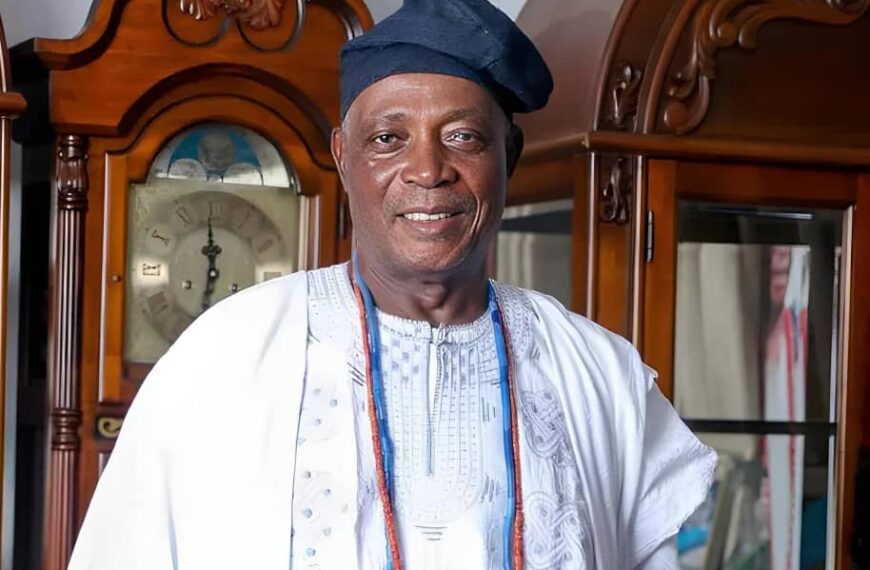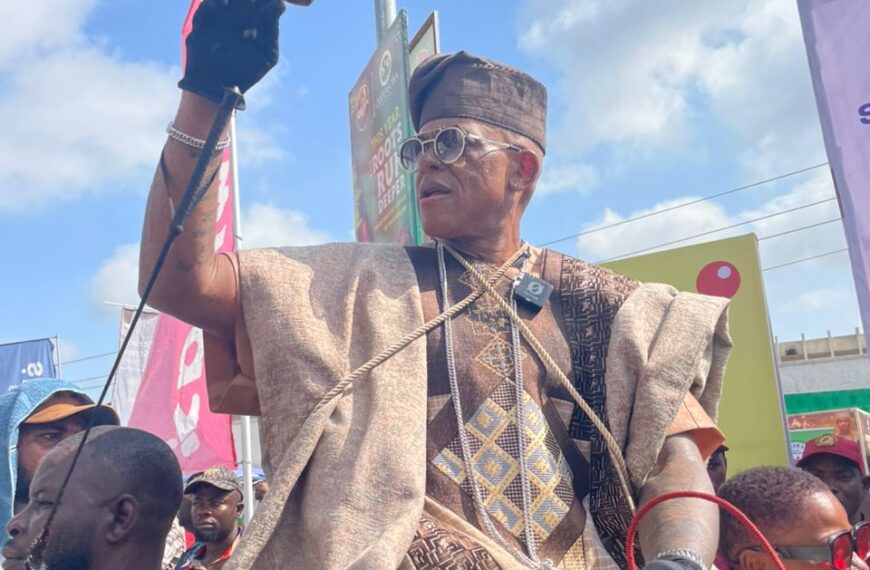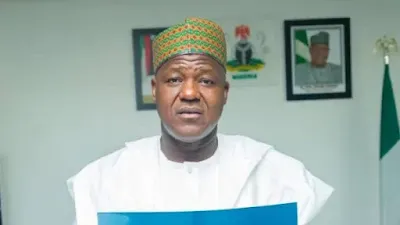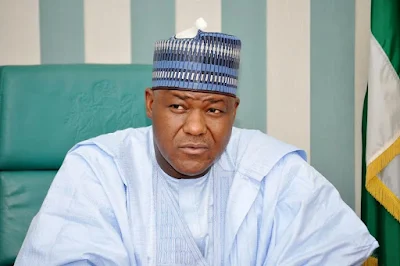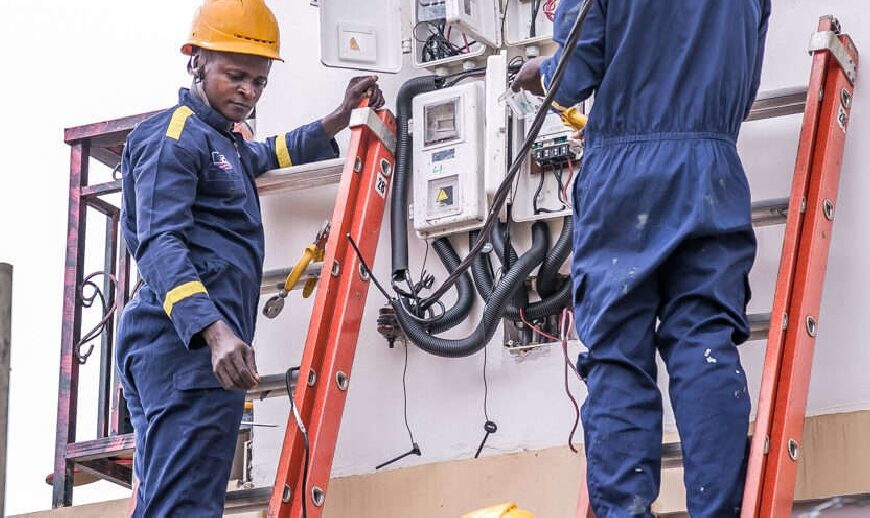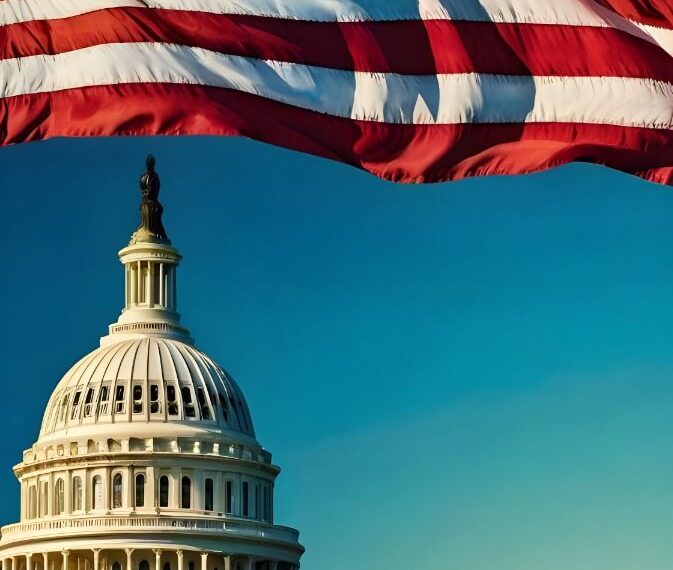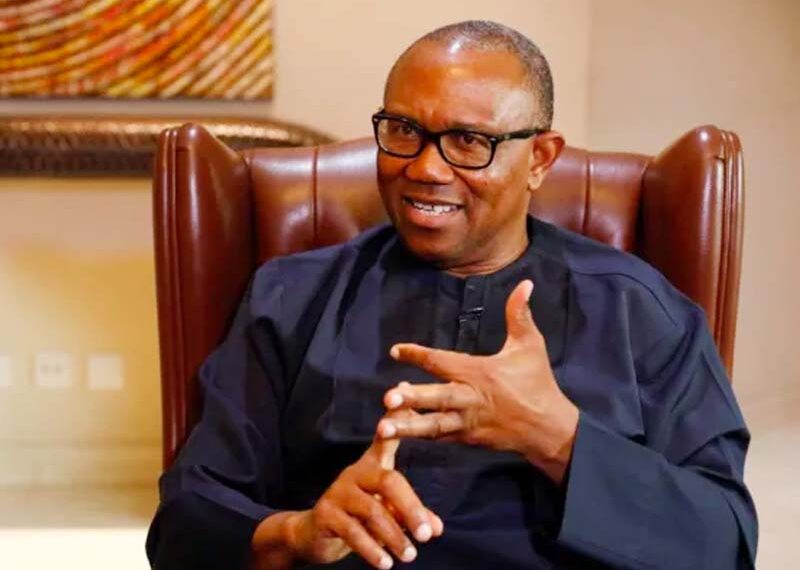ADDIS ABABA, September 2025 — From September 8 to 10, the Ethiopian capital is hosting the continent’s most significant climate gathering yet: the Second Africa Climate Summit (ACS2). Over 45 heads of state, thousands of delegates, and key international partners are convening under the theme, “Accelerating Global Climate Solutions: Financing for Africa’s Resilient and Green Development.”
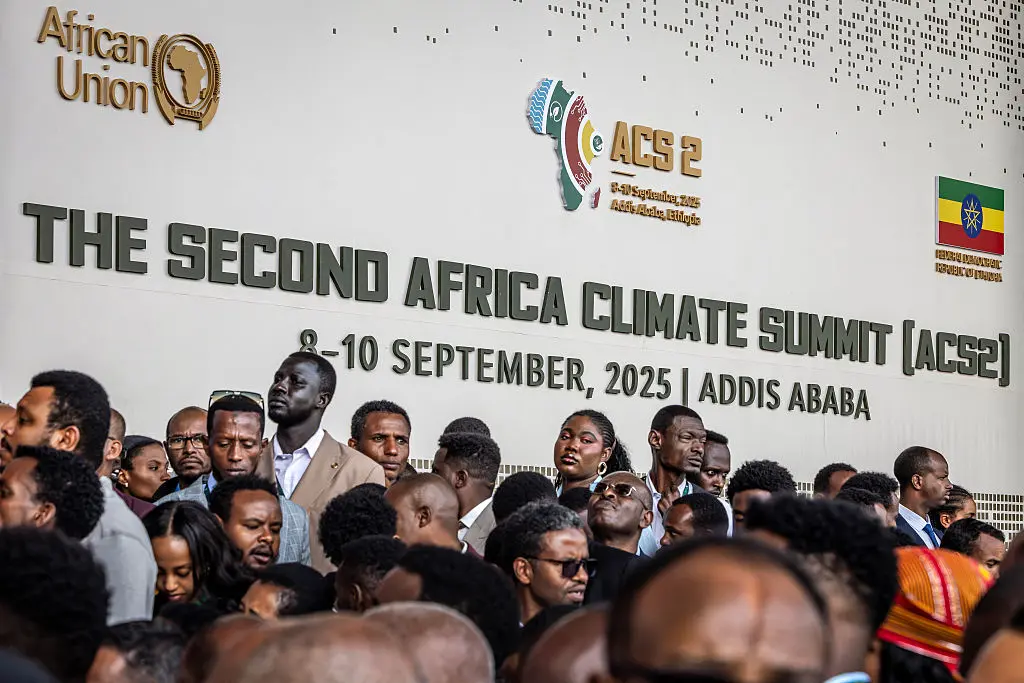
Africa as a Beacon of Climate Solutions
At the opening, Ethiopian Prime Minister Abiy Ahmed and other leaders pushed a bold narrative: Africa is not merely vulnerable—it’s poised to lead. They launched the Africa Climate Innovation Initiative, aiming to generate 1,000 climate solutions by 2030 and signaled possible interest in hosting COP32 in 2027.
Transition to the “Climate Economy”
The summit spotlighted the potential for a “climate economy” powered by private and public investment. A cooperative framework tied to the Africa Green Industrialization Initiative (AGII) aims to mobilize $100 billion for green industrial projects across the continent. Financial institutions like the African Development Bank and KCB Group are among the key contributors.
Renewable Energy and Solar Boom—But Funding Lags
While Africa’s solar imports have surged—particularly from China—Africa still contributes only 4% of global solar output. Funding remains alarmingly low for adaptation needs; the region required $70 billion annually but received only $15 billion in 2023.
Compounding this, African nations collectively secure just 1% of global climate finance, despite being home to 60% of the world’s best solar resources and 30% of critical minerals.
Calls for Climate Justice and Fair Financing
Kenyan President William Ruto delivered a powerful critique, accusing Western nations of breaking a “climate blood pact” through reduced aid and unkept promises. He and other leaders demanded fairer, more reliable funding mechanisms, debt relief, and a reformed financial architecture aligned with Africa’s realities.
Summit Goals: Unity & Tangible Outcomes
ACS2 aims to build on the 2023 Nairobi Summit’s Nairobi Declaration by forging the Addis Ababa Declaration—a united African position ahead of COP30 in Brazil. The summit follows UN Climate Week (CW2), creating strategic synergy and momentum toward implementation.
Why It Matters
Africa’s message is clear: no longer just victims, but agents of change. With abundant natural resources, innovative solutions, and a growing agenda, the continent wants a fair seat at the global table—especially on finance, energy, and development.
Will ACS2 deliver the action promised?
The world will soon see.


